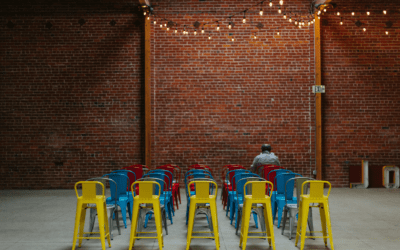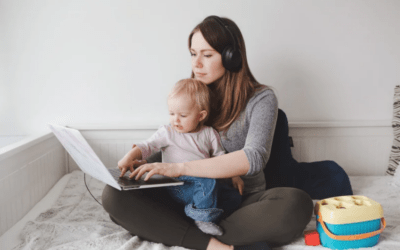Those of you who have been to see me in the clinic will know I like to play golf. Well, sometimes I like to play. Sometimes I wonder what on earth I am doing and why am I putting myself through it. Why some days it can feel like the easiest game in the world and more often than not, that the laws of physics somehow just don’t apply to my golf ball like they do for everyone else I’m playing with.
Golfers, it turns out live five years longer. Many studies and article columns have looked at why that is. Socioeconomic group probably has something to do with it. Golf does require a reasonable amount of leisure time. Exercise is obviously a factor. You can walk about 5 miles in the average round of golf and more if you are playing badly and hitting the ball all over the place. There’s a social element that keeps you engaged with people, opportunities to explore thoughts and ideas or confide in others. A competitive element if you want it or play casually to get away from the competition of everyday life. There is the exposure to daylight which helps your circadian rhythm and this has significant impact on your sleep cycle which helps rest, recovery and memory. Daylight exposure is also important for vitamin D, an essential vitamin for the immune system and musculoskeletal health among other things. Many golfers like to play early on a Saturday or Sunday morning so they can be done before lunch and still have time with the family so everyone is happy. This helps keep some structure for a healthy sleep cycle even at the weekend. Some play on a Wednesday afternoon to break up the week and free up the weekend. Some play more often than that.
Possibly, most importantly however is the culture of the sport. To play golf you require a tee time. You must be there on time or you miss your chance to play. It is also part of the etiquette of the sport to adhere to your tee time. It’s considered very poor form indeed to arrive late or not show up. Now this might seem obvious and trivial in the grand scheme of things but the fact that you have to be somewhere at a specific time means that you have to organised. You have to prioritise things.
The culture of the sport also means you can’t be on your phone checking emails, taking calls or messaging people. You have to switch off from the world outside the golf course. It’s part of the game. What you can’t do, is possibly more important than what you are doing. Similarly, sitting at your desk working away is not in itself bad for you but it does mean you are not doing some of the things that are good for you. Golf, like many other healthy activities, helps you to stay away from too much of the things that can be less good for you in large volumes.
Unlike many other sports, Golf is one of those unique games that you can play your whole life and because of the handicap system you can share the turf with novices and professionals, young and old. This keeps you engaged with all standards and generations which is a very healthy thing. It’s also a game no one has yet mastered. Not even at the elite level. No one wins all the time. Just like life itself. Therefore there is always something to aim for in terms of improvement and there is usually something about a game that has gone well enough to bring you back for more despite all the failures and frustrations that the game throws up.
And because people stay engaged with the sport their whole lives, it gives them something outside of themselves. Something bigger than themselves. This matters as we get older and health concerns increase. The bad hip, the bad knee, the bad back can become all consuming. We can zoom in on ourselves and the ailments become the focus of everything making our lives increasingly smaller. If on the other hand you have a game, a pursuit, a community outside of yourself you can spend less time internalising and zoom out a bit. You might need to make some minor adaptations such as using a trolley rather than carry your bag or a buggy if you can’t walk 5 miles but you realise that you don’t have to be defined by your ailment and that you can still do things bigger than yourself so it doesn’t become your whole focus.
Many years ago when I started the practice I thought I’d always have to work evenings and weekends. I thought that’s just how it had to be. I found it very difficult to say no and would time and time again sacrifice my own wellbeing for that of the patient looking for an appointment after work or at the weekend. Then we had children and I had permission to say no to those late evening appointments. Something bigger than myself mattered more. I had to collect my sons from nursery and I could not under any circumstances be late for them. It taught me that it really is a choice.
So, maybe that’s why golfers live 5 years longer. The don’t want to miss their tee time. They will organise themselves and say no to that extra bit of work that will wait until tomorrow. They will get up for the early morning sunlight. They will have a walk. They will switch off the phone. They will engage in something bigger than themselves and zoom out every now and again. Living longer means they’ll have more time to talk about those missed putts, bad bounces and all to rare times when they actually played a shot Seve or Rory or Laura would be proud of.





0 Comments